The Bbc News Service Is Unavailable Please Try Again Latet
A review of the BBC's funding model is to be carried out by the government.
Speaking in the Commons on Monday, Culture Secretary Nadine Dorries said it is time to ask the question whether "a mandatory licence fee is appropriate" and confirmed a government review into the matter will start "shortly".
In a tweet the day before, Ms Dorries added: "This licence fee announcement will be the last."
She told MPs that the licence fee will remain fixed at £159 until April 2024 when it will then rise in line with inflation for the following four years, up to the end of the current Royal Charter on 31 December 2027.
BBC bosses have pledged to "continue to make a strong case to the government for investing" in the corporation.
What is the licence fee and how does it work?
The annual BBC licence fee - which currently costs £159 - is required by any household consuming BBC television channels, radio and online programmes and services including iPlayer, Radio 1, CBeebies and the World Service.
This applies to all forms of transmission including using the iPlayer on smart television, laptops and tablets.
It also funds Welsh language TV channel S4C and local TV channels and in total is reported to be worth around £3.2bn to the BBC.
The licence fee was introduced in 1946 when broadcasting recommenced after the Second World War.
The BBC licence fee payment, which is set by the government, usually rises in April each year.
In 2016, the government said the cost would rise in line with inflation for five years from April 2017.
But speaking in the Commons on Monday, Ms Dorries confirmed the BBC licence fee will be frozen at £159 for the next two years before rising with inflation for the four years after that.
This equates to a severe real-terms cut for the corporation.
But with reports the Conservative government plans to axe the licence fee beyond the end of the current charter in December 2027, what alternatives are there to funding the corporation in the long term?
Voluntary subscription fee
A subscription service, like the systems used by streaming giants Netflix and Amazon Prime, would see people voluntarily paying a monthly or annual sum to consume BBC programming and services.
It would mean those who use BBC services could opt in to continue to do so, whereas others who believe they have no need for the current BBC licence could opt out.
A subscription fee could be pitched at a more expensive price point in comparison to the current £159 TV licence as fewer people may opt in to pay the sum.
It could also result in a loss of income for the BBC if a significant proportion of households who currently have a BBC licence do not sign up to the subscription service to continue to do so.
Another potential issue with this option is that some services - like the vast amount of local television and radio broadcast by the corporation - would be difficult to place behind what would effectively be a paywall.
Advertising
Another way the BBC could increase its funding is by including advertising on its website, TV channels and radio stations.
At present, the BBC does not have advert breaks on its domestic TV channels like BBC One, BBC Two and the BBC News Channel and its website is free from advertising, but its international channels including BBC World do.
The corporation say these "help fund BBC services and keep the licence fee lower than it otherwise would be".
Other national broadcasters in the UK - including fellow public service broadcasters ITV and Channel 4 - already carry adverts, so it would be feasible for the BBC to do the same.
However, such a move could potentially make the BBC more inclined to consider programmes which draw in more viewers and subsequently reduce the diversity of its programming.
It is also unlikely that advertising revenue alone would be enough to sustain the BBC's current broad range of services.
Government grants
The Australian Broadcasting Corporation is Australia's national broadcaster and for the majority of its existence has been funded by an annual grant by the government of the day.
If applied to the BBC, this option would cut out the need to collect a sum from each individual household in the UK and would instead involve the UK government directly giving the corporation a set amount of funding for the year.
However, the BBC's remit is that it is an independent and impartial broadcaster, and receiving funding directly from the government may jeopardise the BBC's editorial independence.
It would also mean the government would remain in charge of how much funding the broadcaster will receive, meaning the corporation's budget could be dramatically slashed if the government of the day wished to do so.
Broadband levy
An alternative option would be for the BBC to introduce a broadband levy on every connection in the UK.
This move would modernise the current approach, whereby the licence fee is levied from a household's television.
It would mean every household would continue to pay a sum to use BBC services and this sum could be collected by their broadband provider and passed on to the BBC.
However, one problem with this idea is that it would again make it hard for people who require the internet to opt-out of paying the fee.
Another concern is that it would bump up the price of broadband for households at a time when the cost of living is rising and could make the internet too expensive for some to afford.
Introduce new tax directly for public media
In 2019, Sweden removed its TV licence model and instead introduced a new tax on people's income to fund public service television and radio in the country.
The tax, which everyone pays regardless of whether they own a television or not, amounts to 1% of an individual's income and is capped at a certain amount - in 2019 this was 1,300 kronor (£105.16 at the current exchange rate).
Those who earn fewer than 13,600 kroner a month (£1,100.40 at the current exchange rate) pay a reduced fee, and those who do not have an income or are students do not have to pay.
The money is paid into a pot which goes directly to public service media, which if implemented for the BBC, would reduce the risk of the corporation's editorial independence being compromised.
Such a move would see a new tax appearing on British payslips alongside income tax and national insurance contributions from 2028.
Other options:
However, another option which would enable the plethora of programming and services provided by the BBC to remain into the next decade would be for the government to keep the BBC licence fee beyond December 2027 and to either freeze its then cost or to let it rise with inflation.
In August 2020, people over 75 began paying for their TV licences, which they previously received for free, generating more income for the corporation.
The BBC now means-tests the entitlement and over-75s must be getting pension credit to receive a licence without charge.
The BBC agreed to take on responsibility for funding the scheme as part of the charter agreement hammered out with the government in 2015.
It has said it cannot afford to continue the universal entitlement, which would hit "programmes and services".
Source: https://news.sky.com/story/bbc-licence-fee-what-could-alternative-funding-methods-look-like-beyond-2027-12519149
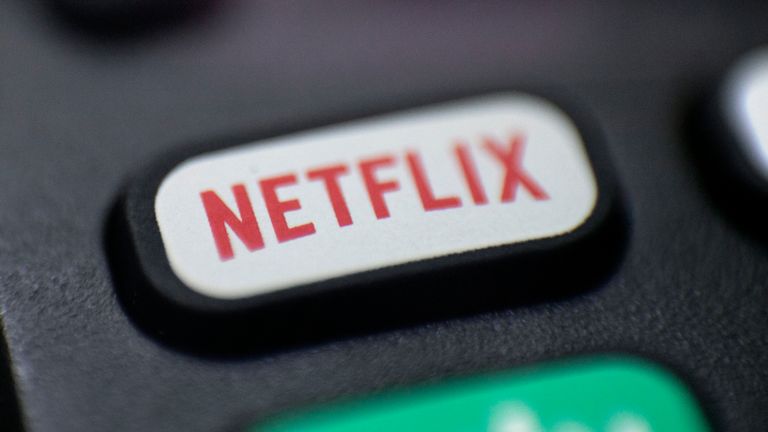
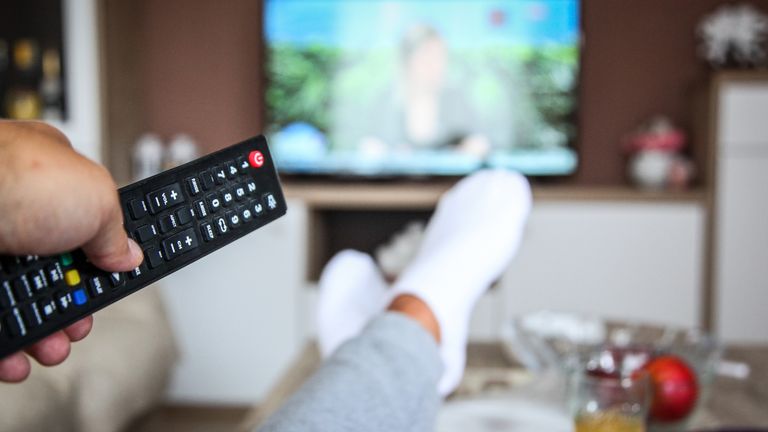
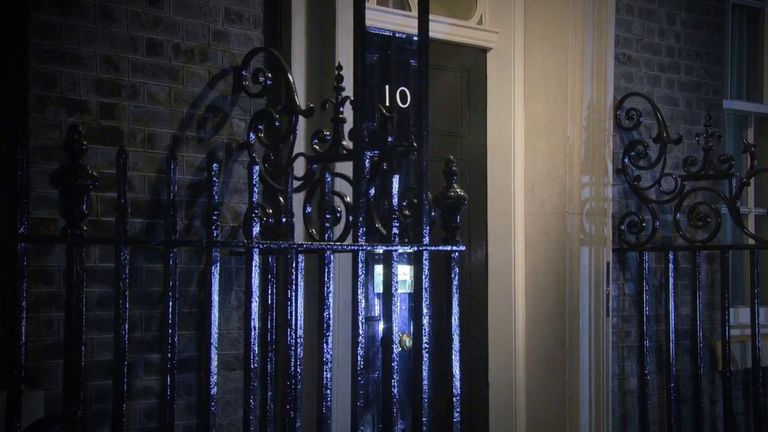
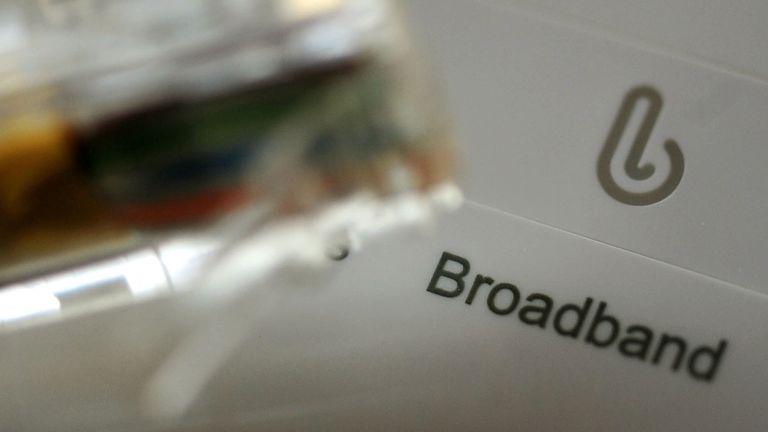
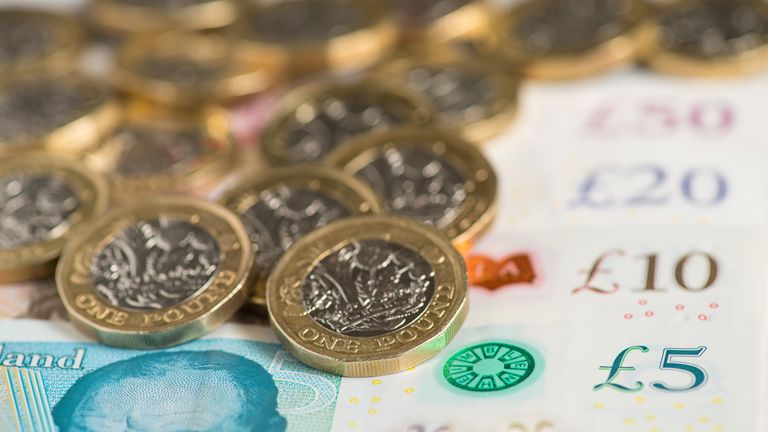
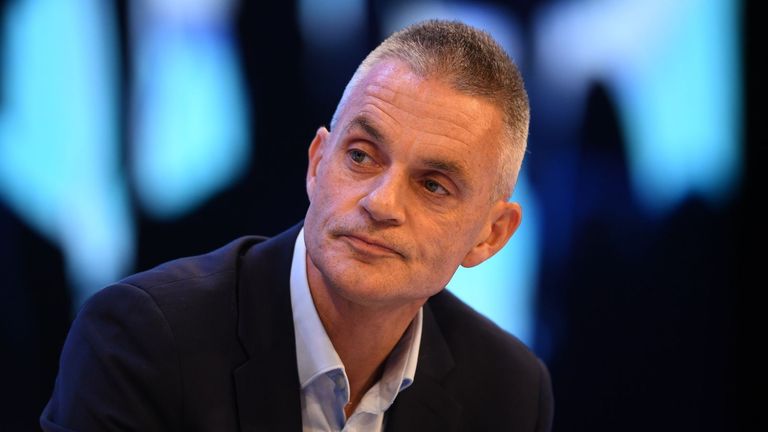
0 Response to "The Bbc News Service Is Unavailable Please Try Again Latet"
إرسال تعليق